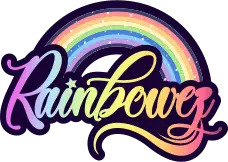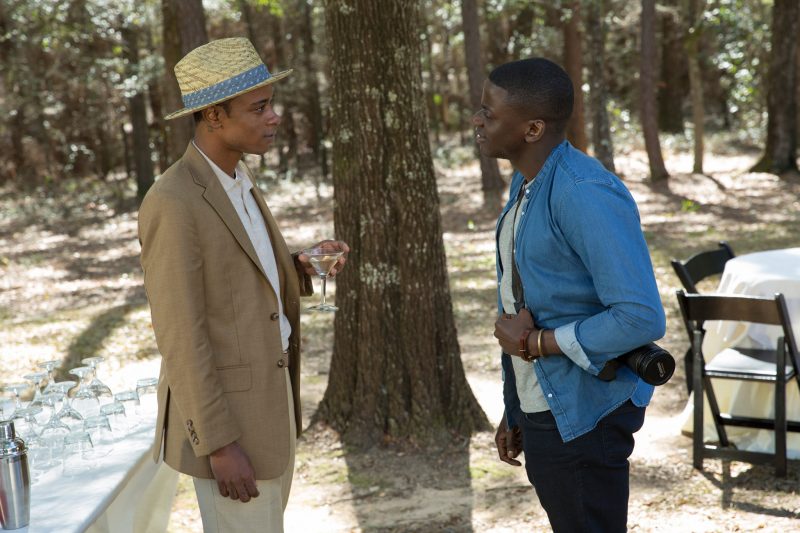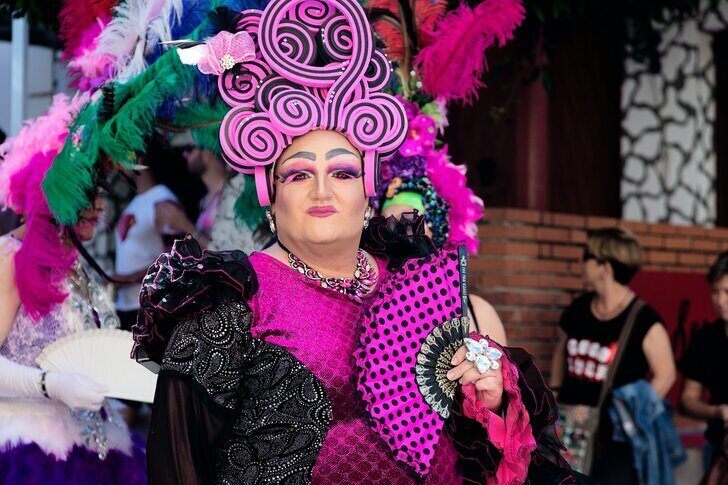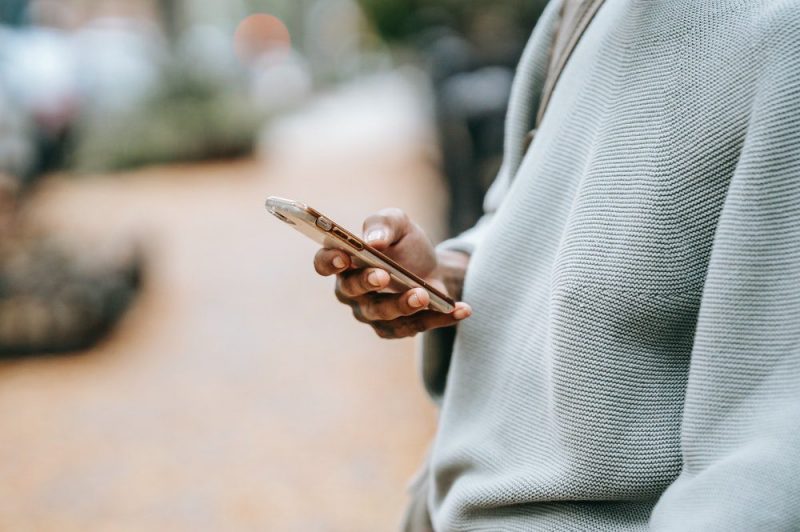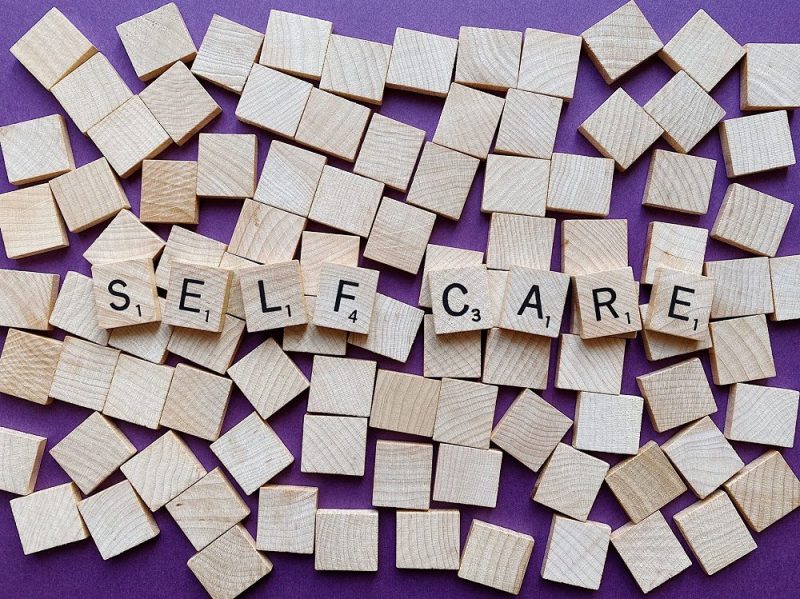The horror genre has been around for decades and has always been a favorite among movie-goers. Over the years, the genre has evolved for good. In recent years, we have also seen an increased representation of the LGBTQI+ community, something the LGBTQI+ community has definitely taken note of. Needless to say, it has been a welcome change.
This article delves deeper into how the horror genre and the LGBTQI+ community intersect and why it is essential. Without any further ado, let's get right into it:
A Safe Space
The horror genre has always been a safe space for those who may not identify with societal norms. For members of the LGBTQI+ community, the horror genre has allowed them to be represented authentically. Plus, it has helped to break down stereotypes. The representation of people from all backgrounds and orientations has allowed us to feel a sense of community within the horror genre.
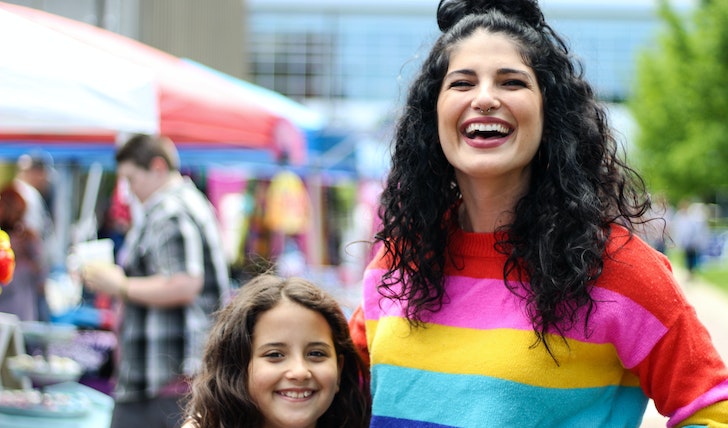
Rosemary / Pexels / There are numerous queer films that are ensuring the inclusivity of the LGBTQI+ while scaring the audience.
This representation has given members of the LGBTQI+ community a sense of belonging and has allowed us to identify with characters that are often misunderstood.
Breaking Down Stereotypes
The horror genre has often depicted members of the LGBTQI+ community in a stereotypical manner. More often than not, a queer character will be portrayed as a villain, a sexual predator, or the victim of hate crimes.
However, in recent years, we have seen a change, and queer characters are now depicted as complex individuals with multi-faceted personalities.
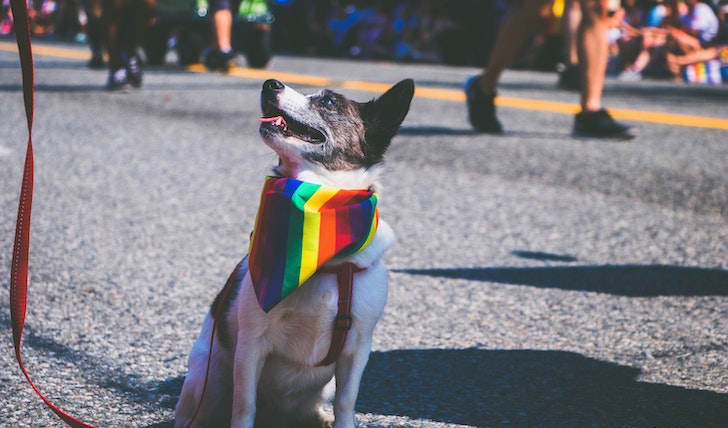
Ham / Pexels / As more horror films are featuring queers, they are feeling a sense of belonging.
Representation Matters
Representation matters. That is for certain. And the horror genre has been doing a good job at it. Horror movies such as "The Babadook," "Get Out," and "Jennifer's Body" have been instrumental in breaking down stereotypes, especially those associated with the LGBTQI+ community. These movies have depicted queer characters as heroes, survivors, and leaders.
Queer characters are no longer just supporting actors but are taking center stage, and through them, we see that our stories are worth telling.
What the Future Holds
The future of the horror genre and the LGBTQI+ community intersection is intertwined. With more filmmakers and studios embracing inclusivity, we are likely to see more representation of the LGBTQI+ community in film and television.
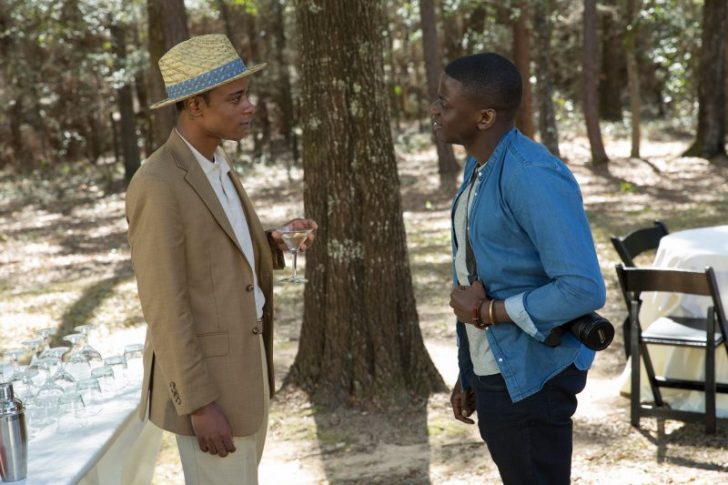
Gay Time / Popular horror movies like “The Babadook," "Get Out," and "Jennifer's Body" are representing more queer characters.
This representation will have a positive impact on how society views the community as a whole. Hopefully, we can bid goodbye to harmful stereotypes and usher in a new era of authenticity and inclusivity.
The Final Word
The horror genre and the LGBTQI+ community intersection have been beneficial for both. The horror genre has provided a safe space for the community and has allowed us to be represented authentically. With increased representation, we have broken down harmful stereotypes and depicted queer characters as the multi-faceted individuals they are.
As we look to the future, we can expect to see more representation, and this can only be a good thing. By embracing inclusivity, we can show society that our stories matter and have the power to change perspectives.
